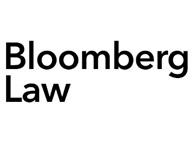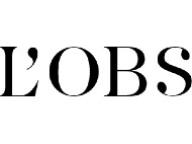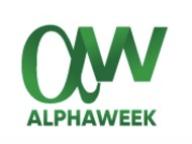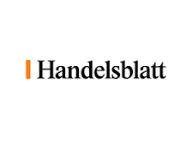Faculty News
—
New, joint research from Professor Vaidyanathan Venkateswaran exploring how the economic recovery from the COVID-19 pandemic could be impacted by the psychology of consumers and businesses is highlighted
—

Excerpt from Yahoo Finance -- "The working paper, published in the Centre for Economic Policy Research and cowritten with Julian Kozlowski, Senior Economist in the Research Division of the Federal Reserve Bank of St. Louis, and Venky Venkateswaran, Associate Professor of Economics at New York University's Stern School of Business, encourages policymakers not to underestimate the impact of the pandemic on businesses and consumers, and shows how and why economic interventions (such as the $2-trillion CARES Act), will make a marked difference for our economic recovery down the line."
Faculty News
—

Excerpt from Yahoo Finance -- "The working paper, published in the Centre for Economic Policy Research and cowritten with Julian Kozlowski, Senior Economist in the Research Division of the Federal Reserve Bank of St. Louis, and Venky Venkateswaran, Associate Professor of Economics at New York University's Stern School of Business, encourages policymakers not to underestimate the impact of the pandemic on businesses and consumers, and shows how and why economic interventions (such as the $2-trillion CARES Act), will make a marked difference for our economic recovery down the line."





















